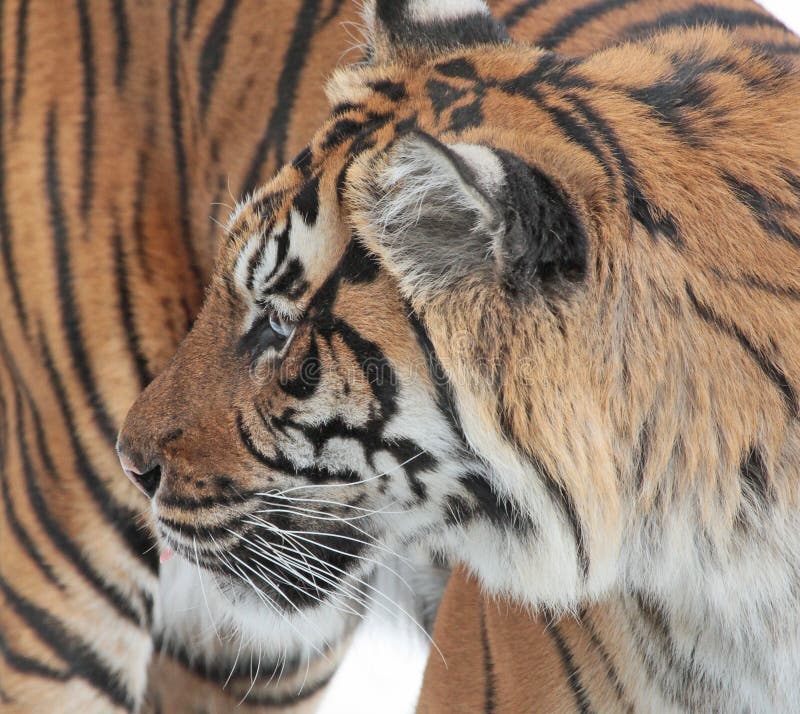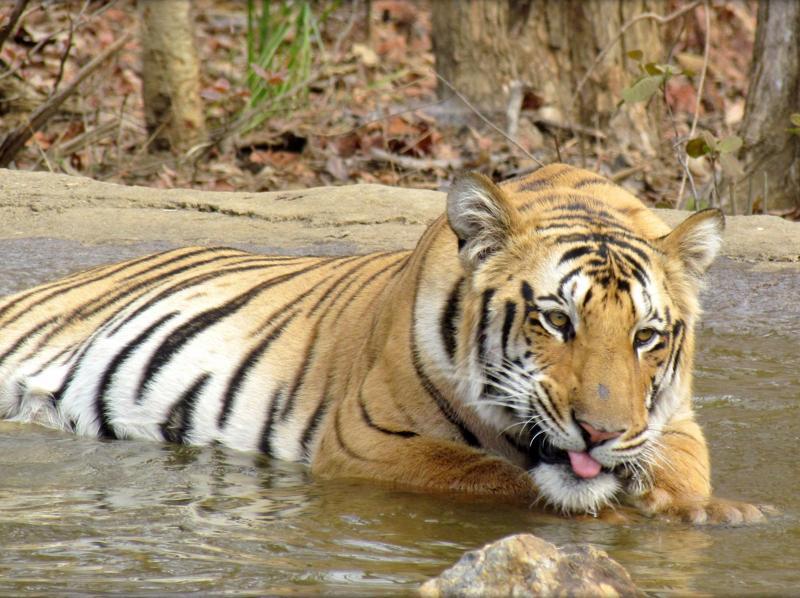

The list of harmful consequences goes on. Inbreeding also often promotes the gene for white fur, a recessive mutant gene that causes “ serious congenital defects”. The result are vulnerable cubs that are often cast away and mistreated when too big for photos and petting. Inbreeding, the mating between closely genetically-related animals, takes place and causes birth defects, malformations and other health complications. Furthermore, private owners’ breeding efforts are often commercial, where cubs are selfie props and lucrative sources of entertainment.

In such conditions, many tigers risk their health in this business. In the US, it is estimated that only 6% of captive tigers are actually in zoos. A large portion of private tiger owners and breeders do not have licenses nor proper training. These tiger cubs may be cute and their fur fashionable, but these significant numbers of captive tigers are a conservation issue. These illegal facilities, “Tiger Farms”, often have commercial fronts such as wildlife sanctuaries where tourists can pet and take selfies with tiger cubs.

Since 2000 an average of 110 tigers have been killed and traded annually through these farms, primarily for medicinal and fashion purposes. “Tiger Farms” are a hotspot, particularly found in the Golden Triangle Special Economic Zone in Laos where tigers are killed and their parts resold. Illegal breeding and trade is a big issue in the US, with around 5000 captive tigers – a number which exceeds the 3,900 tigers actually in the Asian wilderness. In the midst of the reality-TV drama, the docu-series scratched the surface of the big cat niche culture and the illegal breeding that comes with it. The series showcased the life of a man called Joe Exotic, a zookeeper and lover of big cats. As quarantine started, isolated individuals found themselves binging on Netflix and the controversial docu-series “Tiger King: Murder, Mayhem and Madness” became a quick pop-culture sensation.


 0 kommentar(er)
0 kommentar(er)
